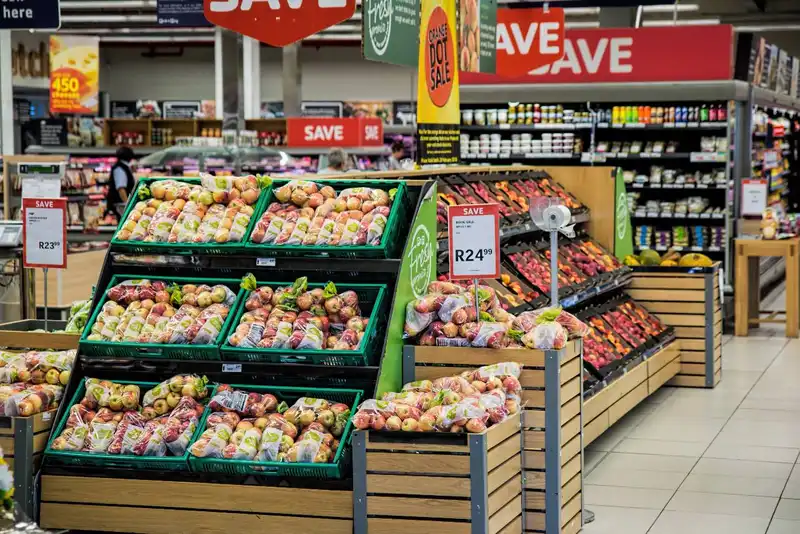The Impact of Tech and Trends on the Food Manufacturing Industry
Introduction to Food Manufacturing Industry
Technology has been slowly transforming the food manufacturing industry. Major companies are implementing tools, such as artificial intelligence and drones, to help with food production. According to a report by ING, technology enables food manufacturers to produce efficiently. With the right solutions, it can also help improve product development and enhance food safety.
The Pros and Cons of Technology in the Food Manufacturing Industry

A prevalent technological tool that food manufacturing companies often use is artificial intelligence. Also known as AI, artificial intelligence are systems and machines that are programmed to function like human minds. AI-powered tools can recognize objects, understand human language, make decisions, and solve problems. According to the McKinsey Global Institute, manufacturing industries that invest in artificial intelligence technology are expected to experience about 18% annual revenue growth. While there are many benefits of using AI, there are some drawbacks as well.
Pros of Artificial Intelligence

The following are advantages to artificial intelligence in the food manufacturing industry.
- Personalization
Generally, people will pay little attention to broad and vague media adverts and emails. However, with AI, manufacturers can create interesting marketing campaigns that pinpoint their customers' interests. For example, if a meat manufacturer's main consumers are high-end restaurants, their adverts may emphasize product quality and specialty cuts. This will enhance customer engagement and can boost sales.
- Scalability
- 24/7 Customer Service
- Minimize Errors
Therefore, with artificial intelligence, companies can assure their processes are completed accurately and cost-efficiently.
Cons of Artificial Intelligence

Despite the various benefits of using artificial intelligence in the food manufacturing industry, there are some drawbacks, as well. The following are disadvantages to AI.
- Costly Implementation
- Inability to Improve From Experience
- Lack of Creativity
Developing Trends in the Food Manufacturing Industry
The rise of new technology in the food manufacturing industry can be attributed to evolving consumer demands. By staying on top of new trends, businesses can increase their competitive edge and boost their profitability. The following are current trends in the food industry that companies should monitor.
1. Food Safety and Transparency

Recently, there have been major recalls of food products. For example, Nestle had to recall more than 700,000 pounds of their pepperoni Hot Pockets due to potential glass and plastic contamination. They also recalled their Lean Cuisine products because of foreign matter contamination. These issues reinforce why more consumers are researching their foods to ensure it is safe to eat.
Foodservice businesses need to ensure food safety and promote transparency by informing their consumers about their practices. This will help build trust between the brand and its customers. It will also safeguard the company's reputation and prevent the loss of sales.
2. Plant-Based Diets
Plant-based diets are becoming increasingly popular among the general public. In fact, the plant-based food industry is worth $4.1 billion, according to market research. More people are health-conscious; therefore, they are shifting towards products, like plant-based meats. Not only do these items appeal to vegans and vegetarians, but it can attract those that eat real meat, as well. This is because plant-based meats are known for having the taste, appearance, and texture of real meat. Food manufacturers expect sales for these products to continue to grow.
3. Sustainability

Today's consumers want to purchase from companies that are known for sustainable practices and processes. This entails environmentally friendly packaging, food processing, and animal farming. A study from 2019, found that 37% of consumers are willing to seek out and pay up to 5% more for eco-friendly products. Manufacturing companies that shift to sustainable practices can effectively reach new consumer bases and increase profits.
Conclusion to Food Manufacturing Industry
- Companies in the food manufacturing industry have been implementing new technology tools to their strategy.
- New technology will allow for improved efficiency, productivity, and profitability.
- A key solution that food businesses have been using is artificial intelligence. These tools can enhance scalability and eliminate human errors.
- The food manufacturing industry's technological growth stems from developing consumer trends.




